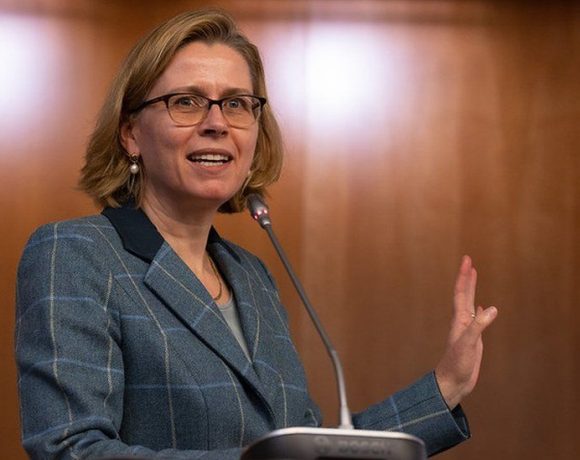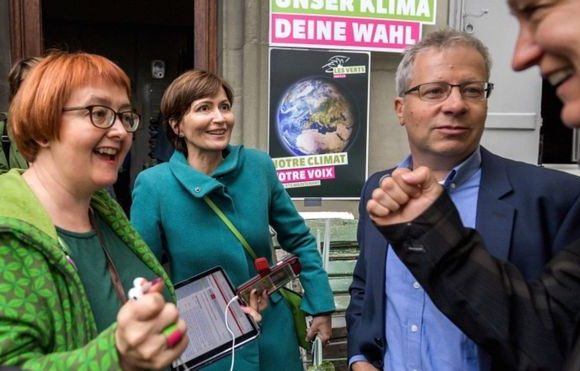
German Chancellor Olaf Scholz has announced that his coalition reached an agreement on the budget following a month of crisis talks. The decision comes after Germany’s constitutional court declared next year’s budget illegal for violating laws on new borrowing. The government plans to adhere to low deficit commitments by cutting certain green subsidies, including ending solar energy and electric car subsidies earlier than initially planned.
Last month, the constitutional court ruled that the 2024 budget violated a clause prohibiting Germany from running a deficit exceeding 0.35% of GDP. Although the deficit was a small portion of total spending, around €17bn or 3.8% of the €450bn budget, negotiations to address the gap were challenging. The coalition parties disagreed on whether to cut spending or suspend debt rules for the fifth consecutive year.
Ultimately, the coalition agreed to reduce subsidies for green energy, construction, and transportation spending. Chancellor Scholz emphasized that the government remains committed to its environmental goals but acknowledged the need to achieve them with reduced funding. The cuts will accelerate the phase-out of subsidies for electric car purchases and solar energy infrastructure, as well as change the funding structure for Germany’s railways.
Reduced spending on the electrical grid will lead to higher electricity costs for consumers. However, approximately €3bn in subsidies to polluting industries will be cut, and the carbon emission prices for companies will increase, partially offsetting the environmental cutbacks.
While the German government, a major supporter of Ukraine in Europe, assured that support for Ukraine would remain unaffected, it will send about €8bn in aid next year. All three coalition parties claimed victories in the spending agreement, with the Social Democrats limiting cuts to the welfare state, the Free Democrats preventing new borrowing, and the Greens asserting that core environmental aims are maintained despite some rolled-back schemes.
Germany’s political culture strongly opposes debt and deficits, with an aversion to high spending. However, some economists argue that this aversion has resulted in persistent underinvestment in crucial infrastructure. Despite this, Germany has one of the lowest public debts among major developed countries.
Picture Courtesy: Google/images are subject to copyright




